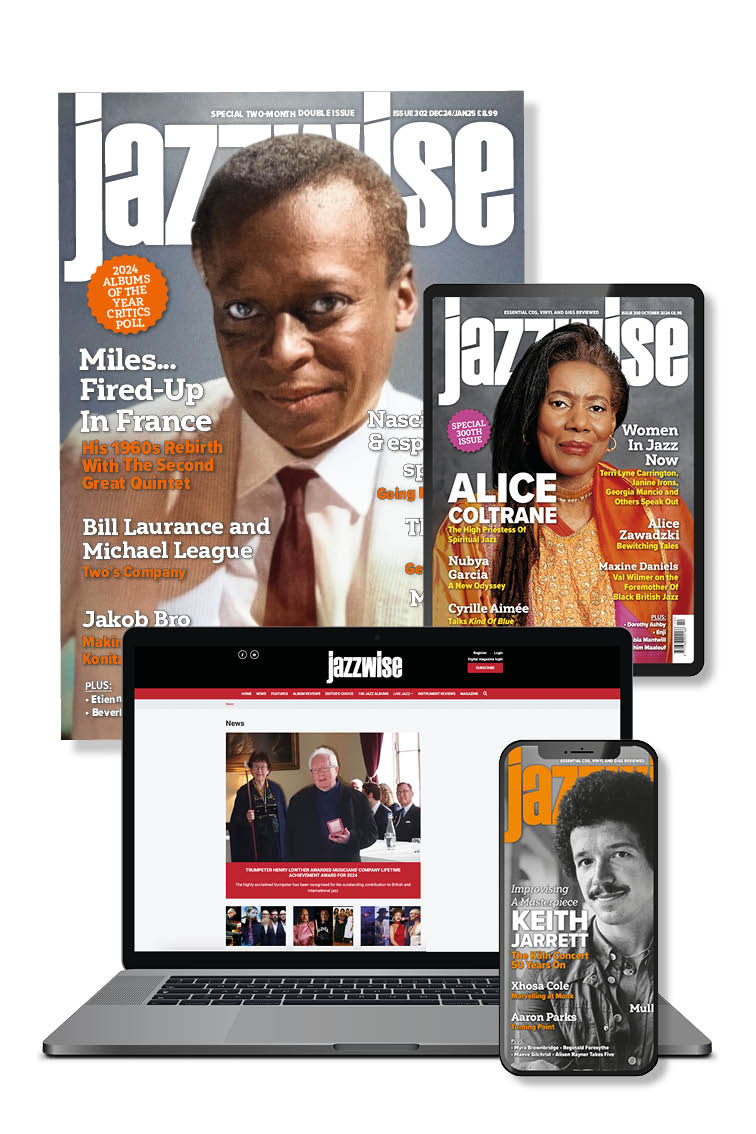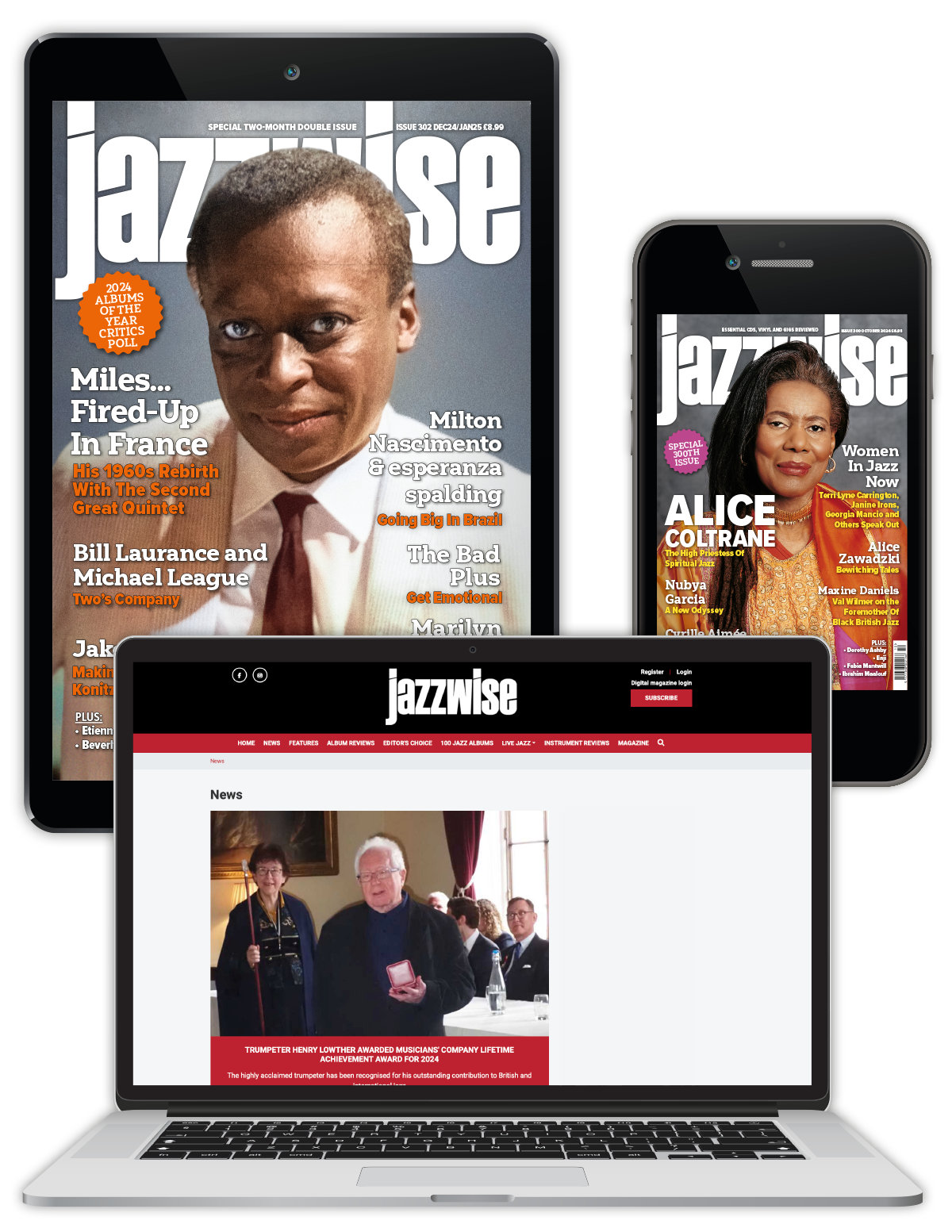Jazz at Lincoln Center Orchestra with Wynton Marsalis: Black, Brown and Beige
Editor's Choice
Author: Brian Priestley
View record and artist detailsRecord and Artist Details
Musicians: |
Jimmy Woode (b) |
Label: |
Poll Winners |
Magazine Review Date: |
May/2012 |
Catalogue Number: |
PWR27286 |
RecordDate: |
19 Dec 1950-12 Feb 1958 |
Duke Ellington's 1943 extended composition billed as a ‘tone parallel to the history of the American Negro’ is one of his many contributions to the Black Lives Matter movement. It may not be entirely a coincidence that Duke's own studio recordings of the music (1944, 1958 and 1965) were all abbreviated versions but, as well as the posthumous release of his live debut performance, there have been ‘complete’ re-creations by the UK's Alan Cohen (1972), France's Claude Bolling (1989), and Louis Bellson (1992). These were successful because there's a cornucopia of Ellington-composed material but almost no improv, the solos originally played by such as Harry Carney, Johnny Hodges et al being written out, and only Ben Webster getting a brief personal flourish.
The Lincoln Center band's live interpretation brings the music to vibrant life. Handing conducting duties to trombonist Crenshaw, Wynton plays in the ensemble and is just one of many soloists, making short appearances in two buoyant dance numbers from the ‘Brown’ section of the work. The most memorable section, and the most densely composed, is the 20-minute ‘Black’, which is dominated by the themes of ‘Come Sunday’ and ‘Work Song’ and which Ellington himself later revived as a separate entity. Less well-known is the kaleidoscopic ‘Beige’, intended to reflect the 20th-century experience, including among much else a ragtime piano vignette and a high-society waltz, both of which are earworms in their own right. It's the compositional achievement one listens for, but all praise to Marsalis to focussing our attention again.

Jazzwise Full Club
- Latest print and digital issues
- Digital archive since 1997
- Download tracks from bonus compilation albums throughout the year
- Reviews Database access
From £9.08 / month
Subscribe
Jazzwise Digital Club
- Latest digital issues
- Digital archive since 1997
- Download tracks from bonus compilation albums during the year
- Reviews Database access

